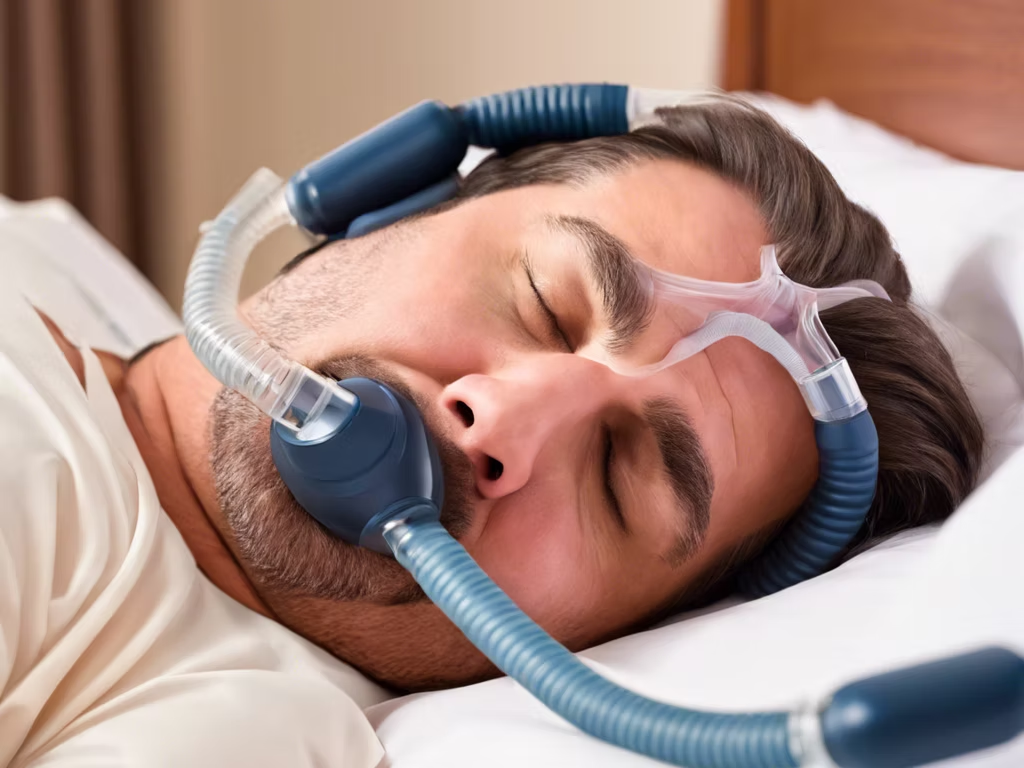Numerous clinical studies have demonstrated the effectiveness of bariatric surgery in improving the symptoms of obstructive sleep apnea (OSA) among obese patients. The following section reviews significant research findings and provides statistical data regarding changes in the apnea-hypopnea index (AHI) and other relevant outcomes after surgical intervention.

1. Bariatric Surgery and OSA Resolution Rates : A landmark study by Schauer et al. (2012) conducted a randomized clinical trial comparing bariatric surgery to conventional medical therapy in patients with a BMI of 35 kg/m² or greater and obesity-related comorbidities. The results indicated that patients who underwent bariatric surgery had a significantly higher resolution rate of OSA symptoms, with 78% of surgery patients achieving a normalized AHI compared to only 18% of the medical therapy group.
2. Roux-en-Y Gastric Bypass (RYGB) Outcomes : A study published by Arterburn et al. (2013) focused on the long-term outcomes of RYGB in patients diagnosed with OSA. In a cohort of 1,050 patients, the study found a substantial decrease in AHI from a pre-surgical average of 37.5 events per hour to 10.7 events per hour one year post-operatively, representing an approximate 71% reduction in AHI. Similarly, 86% of patients reported marked improvements in OSA symptoms.
3. Sleeve Gastrectomy Outcomes : A meta-analysis conducted by Aasheim et al. (2013) assessed numerous studies on sleeve gastrectomy and its effects on OSA. The results showed a mean weight loss of 59% of excess body weight and a significant reduction in AHI, from a mean pre-operative value of 36.2 to 11.1 events per hour at one year post-surgery. Over 70% of patients experienced resolution of their OSA or exhibited significant improvements in symptoms.
4. Mini-Gastric Bypass (MGB) and OSA : Research by Mahawar et al. (2017) noted that patients undergoing MGB showed improvement in OSA severity, with an average AHI reduction from 43.5 to 12.9 events per hour within six months post-surgery. The study further highlighted that 61% of patients with pre-existing OSA achieved complete resolution following MGB.
5. Long-Term Surveillance and OSA Improvement : A longitudinal study by Doi et al. (2017) examined OSA resolution in patients over a five-year period after undergoing bariatric surgery. The findings demonstrated that increments in weight loss correlated positively with continuous reductions in AHI, indicating sustainable improvements in airway patency and overall sleep quality over time.
The accumulation of clinical evidence clearly supports bariatric surgery as an effective treatment for obstructive sleep apnea in obese patients. The significant reductions in AHI and high rates of resolution underline the therapeutic benefits of achieving sustainable weight loss through surgical intervention. Moreover, these improvements point to a potential avenue for reversing the adverse effects of obesity on sleep apnea and enhancing patients' quality of life.
Connect with Dr. Katakwar and AIG Hospitals:
© 2026 Dr. Abhishek Katakwar. All Rights Reserved.